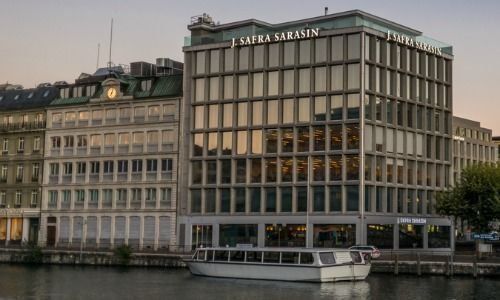J. Safra Sarasin said full-year profit climbed by more than 10 percent. The Swiss-Brazilian private bank is still on the hunt for deals.
The Zurich-based wealth manager said its net profit rose to 347.3 million Swiss francs ($348.1 million), from 315.3 million francs year-ago, in an annual report posted on its website. The rise was spurred by a slight increase in income, which is heavily supported by trading fees, and by the absence of reserves-building Safra Sarasin had booked in 2017.
The bank, controlled 81-year-old Brazilian billionaire Joseph Safra, has pursued a strategy of snapping up smaller rivals, coupled with extreme cost control. Formed through the purchase of Basel's Sarasin by J. Safra eight years ago, the bank snapped up business from Credit Suisse, Morgan Stanley, and Israeli banks Hapoalim and Leumi.
«We continue to welcome new teams of bankers, and to also carefully evaluate potential opportunities as one of the leaders in the consolidation of the sector», vice-chairman Jacob Safra said.
Enviable Spending Cap
Safra Sarasin's assets edged 3 percent lower to 164.6 billion francs, with the bank citing unfavorable market swings wiping out undisclosed inflows of fresh client money. Trading and investment activity stand out as a key source of revenue for J. Safra, climbing more than 5 percent to 215.8 million francs on the year.
While spending edged 3 percent higher, Safra Sarasin still managed to maintain its cost-income ratio at an enviable level to competitors: 55.5 percent (this is up only slightly from 54.8 percent last year).
The bank said it won't chase deals for scale alone: «each acquisition is looked at not just as a stand-alone deal, but as a stepping stone to future talent and clients.» Staff levels was largely stable at 2,151 employees, from 2,155 at the end of 2017. Safra Sarasin is also on solid capital footing, with a ratio of hard capital of 31.8 percent.


































